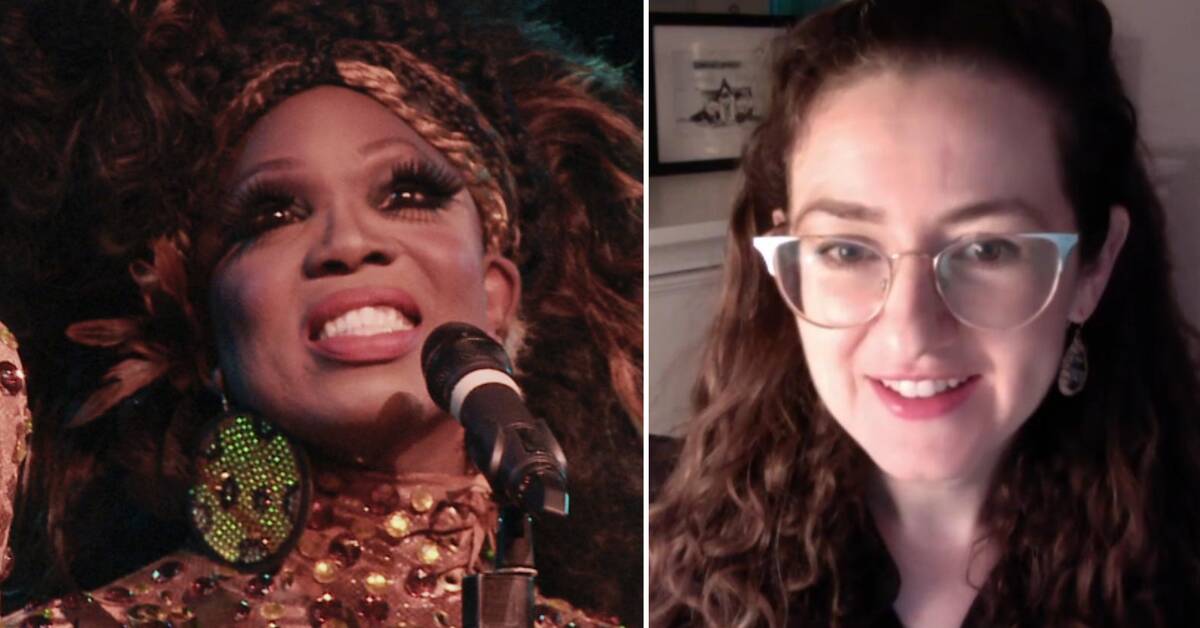Director and filmmaker Emily Branham saw Bebe perform for the first time in 2006, when her sister was a background dancer at one of Bebe's shows in Minneapolis.
Three years later, Bebe got her big break and was crowned the winner of the reality show RuPaul's Drag Race.
- It was absolutely incredible to see him perform.
Then I thought it sounded like a great story – a promising amateur from Cameroon who would then participate in his first national drag competition, says Emily Branham, who then followed and filmed Bebe's life for fifteen years.
- Drag was taboo when we started filming in 2006, but with RuPaul's Drag Race, the cultural conversation about drag as an art form changed.
All our understanding and knowledge about gender identity has also developed quite a bit in the last fifteen years, so I'm glad I didn't finish the documentary sooner.
Grew up in Cameroon
Bebe was born and raised in Cameroon, where homosexuality is illegal and you risk a prison sentence if you act like one.
This became central to the documentary, as Emily Branham accompanies Bebe to her homeland, among other things.
There she also meets other LGBTQI people and activists who tell their stories.
- I wanted people to understand why Bebe is the way he is.
He doesn't let anyone into life that easily and I think a lot of that is due to Cameroon, where you can't live fully as a draft.
Want to inspire others
Over the years, Bebe has become a major inspiration in issues of race, gender and sexuality.
With Bebe's story, Emily Branham hopes to make others dare to be themselves.
- If Bebe can overcome all the difficulties - coming from Cameroon where he is not understood and where he can get hurt, it takes a lot of courage and self-confidence to expose himself like that.
The more it is picked up and celebrated around the world, the more I think it strengthens us all.
The documentary "To be Bebe - a Dragqueen's struggle" is available on SVT Play from July 30.

